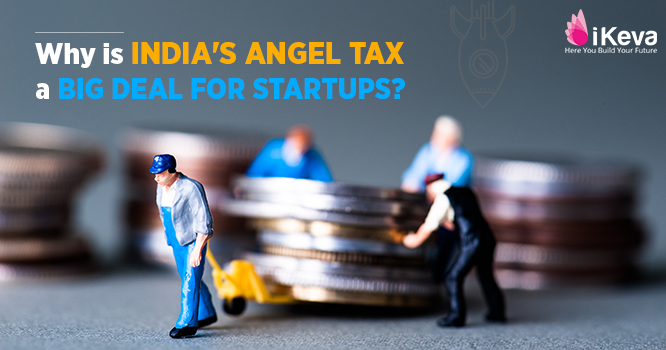
How can a tax meant to curtail corruption be considered bad? Introduced in 2012, the Angel Tax is being perceived as a devil by Indian startups. Before we get into the reasons as to why India’s Angel Tax is a big deal for startups, let’s understand its meaning first.
Angel Tax explained
When the amount invested by an Indian resident angel investor exceeds the ‘fair value’ of the startup, then this excess amount (and not the entire investment) is taxable at the rate of 30.9%. This difference between the value of the startup and the angel investment amount is to be treated as ‘income from other sources’ and hence is liable to be taxed as per Section 56(II) of the Income Tax Act. The targets of this act are the rich and affluent who might misuse the concept of angel investing to convert their black money into white.
So far so good, isn’t it? But here’s why the Angel Tax is a big deal for startups:
There is a ray of hope though with the recent announcement by Amitabh Kant, NITI Ayog CEO, about formalizing the conditions of the Angel Tax soon. Till then, the IT officials have been told not to take any rash decisions concerning startups.
The human race and all its activities have been guided by one principle throughout- survival of the fittest. The world’s…
Each time we host a game hour it helps us understand how a break matters for the team working with…
In the current market scenario, the preference for shared office spaces has increased. The world over, individuals and companies alike…